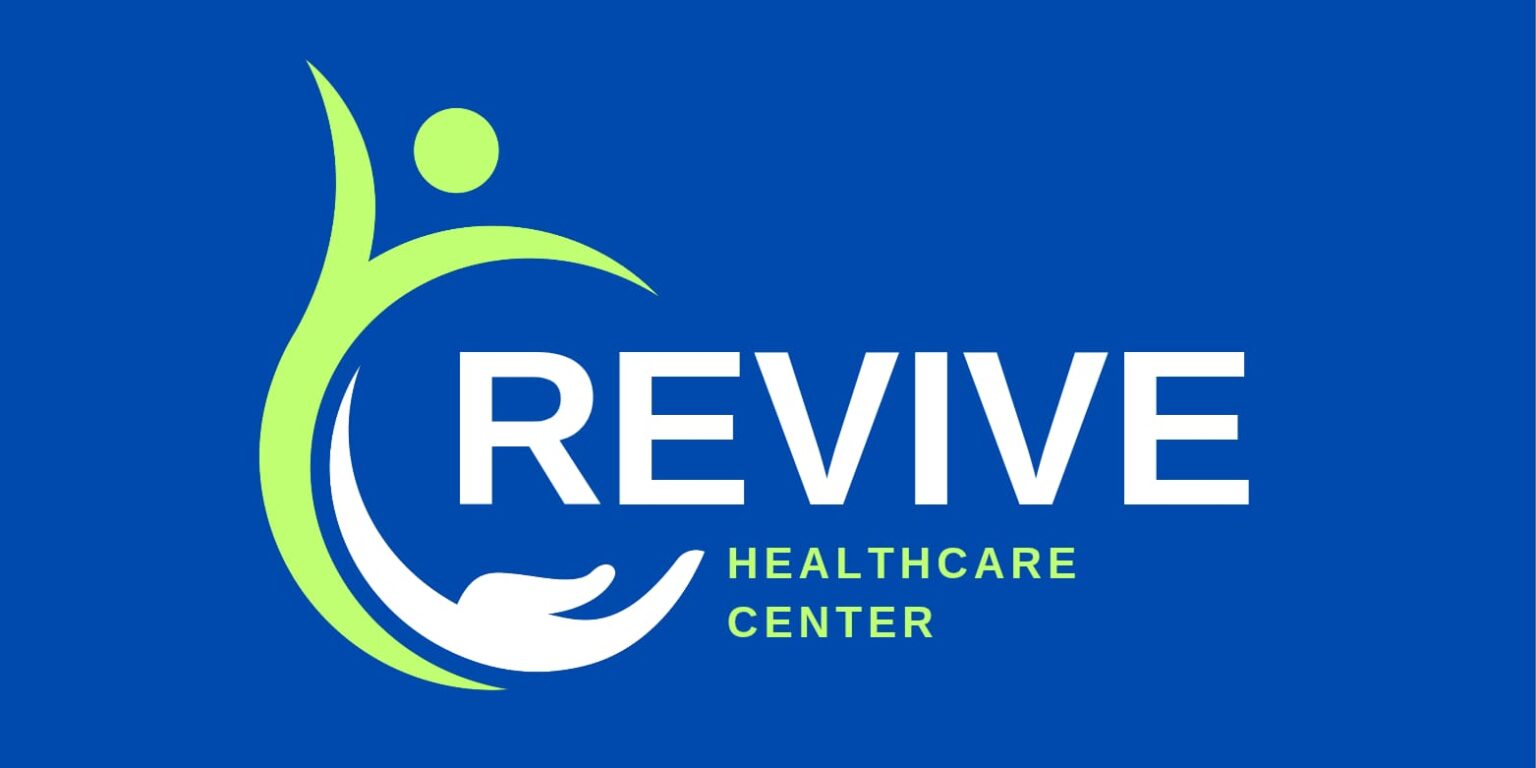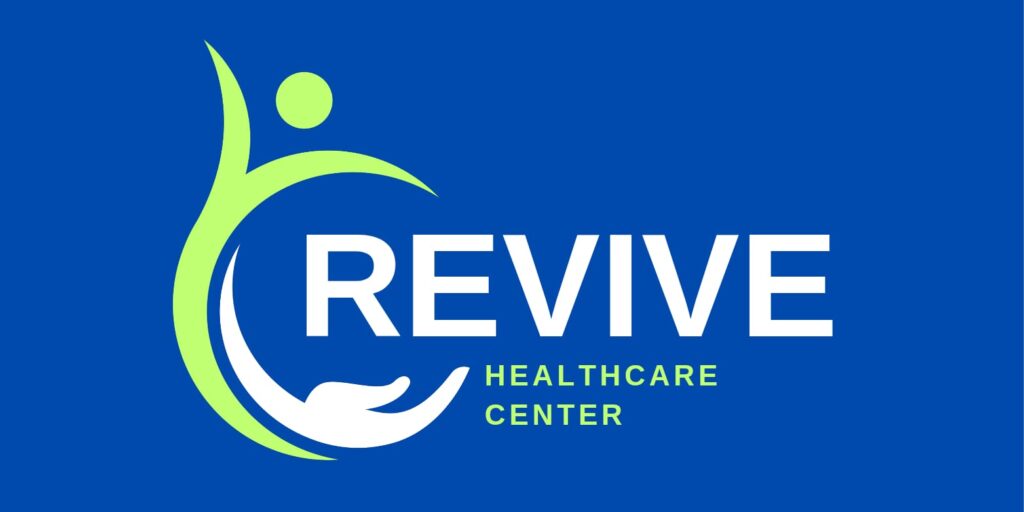Nocturnal leg cramps , also known as night leg cramps or sleep-related leg cramps, are painful, involuntary muscle contractions that occur in the legs, usually the calves or feet, during sleep or at night.
Here’s a more detailed explanation:
What they are:
Nocturnal leg cramps are characterized by a sudden, intense tightening or spasm in a leg muscle, often causing pain and discomfort.
Where they occur:
While they can affect any leg muscle, they most commonly occur in the calf muscles, but can also involve the feet or thighs.
When they happen:
These cramps typically occur at night, often during sleep or when the person is inactive.
Causes:
The exact cause of nocturnal leg cramps is often unknown, but they are thought to be related to muscle fatigue, nerve dysfunction, or underlying medical conditions.
Associated conditions :
Nocturnal leg cramps can be associated with conditions like pregnancy, kidney disease, diabetes, and certain medications.
When to seek medical advice :
While most nocturnal leg cramps are harmless and resolve on their own, if they are frequent, severe, or associated with other symptoms, it’s important to consult a doctor.
Difference from Restless Legs Syndrome:
It’s important to differentiate nocturnal leg cramps from restless legs syndrome (RLS), which causes an urge to move the legs, rather than painful muscle cramps.
Here are some tips to ease the discomfort:
- Preventive Stretching: Stretch before bedtime to reduce the likelihood of nocturnal cramps.
- Pre-Stretch Walk: Take a short walk before stretching to prepare your muscles.
- Stretching Routine: Consider stretching before activities like driving or swimming to prevent cramps.
- Supplements: Include Calcium, Vitamin B Complex, or Magnesium supplements in your diet.
- Stay Hydrated: Drink plenty of water throughout the day to avoid dehydration, a common cause of cramps.
- Hyperventilation Technique: In case of a cramp, try hyperventilation—breathe quickly and deeply (20-30 breaths per minute).
- Potassium-Rich Fruits: Consume fruits high in potassium to alleviate cramps. Some options include:
- Dried Apricots
- Cooked Lentils
- Dried Prunes
- Acorn Squash
- Raisins
- Baked Potato (flesh)
- Kidney Beans
- Orange Juice
- Mature Soybean Seeds
- Banana
Take care of your well-being! 🪻

